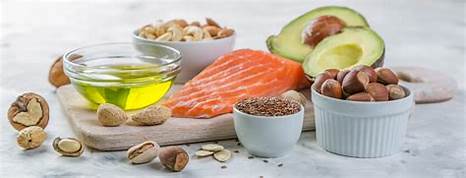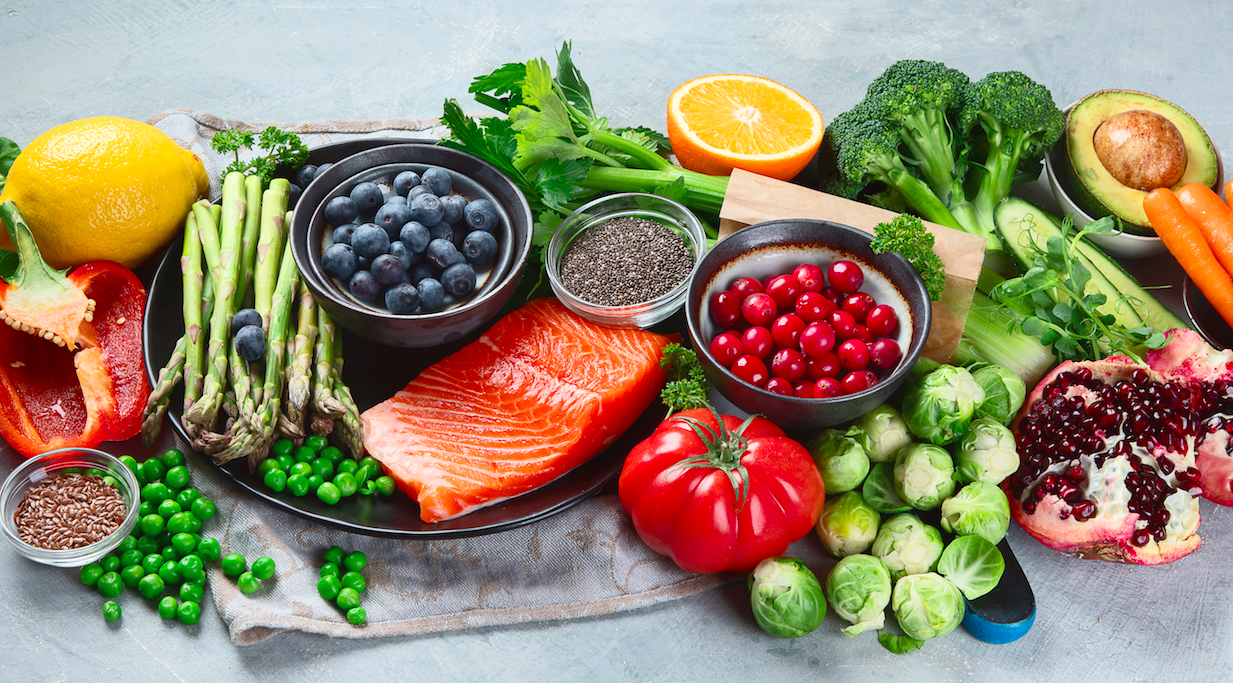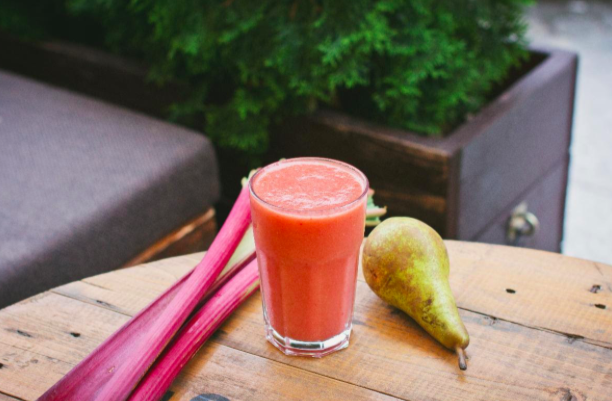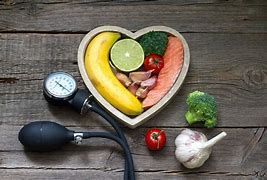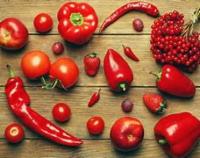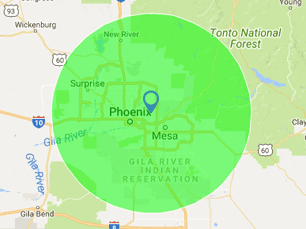Thinking about a whole food plant based diet?
Everything you need to know about it...
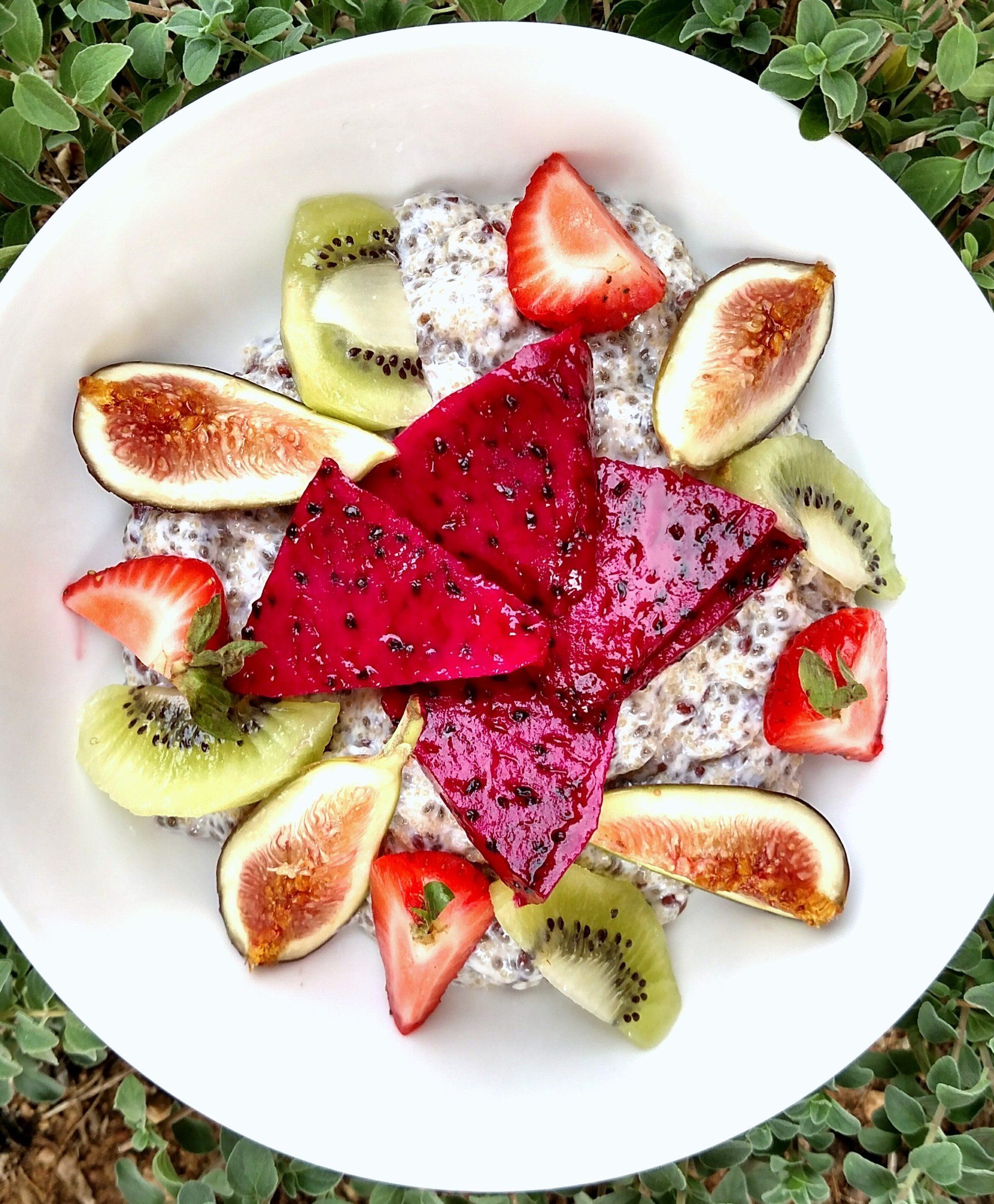
As more studies are conducted, it’s hard to deny that a whole food
plant-based diet is the way to go.
The number of people switching to a whole food plant-based diet continues to increase
as society becomes more proactive regarding their health. Of course not all plant based diets
are created equal. While some are more strict, others are just much more relaxed. Whichever
you choose, the health benefits are exponential.
Making a change in your diet can seem scary,
but armed with the right information and resources, it doesn’t have to be difficult.
What is a plant based diet?
Oftentimes when people hear the words “plant-based diet” they automatically think of a
vegan or vegetarian diet, however these are much stricter versions. There are many variations
of plant based diets, including ones that still include meat. Either way, it is a lifestyle of
consistently making the conscious effort to build our meals around our fruits and vegetables, as
opposed to meat.
The benefits:
There are countless benefits to a whole food plant based diet. Just to name a few:
- Reduce inflammation
- Aid in prevention and management of high blood pressure
- Aid in prevention and management of diabetes
- Helps lower weight
- Lower the risk of cardiovascular disease
- Increases energy levels
- Promotes better gut health
- Cancer preventative
- Decrease overall mortality
Many people start their journey through plant-based dieting only planning for it to be temporary, only for it to become a permanent way of life after they discover their increased energy and overall better sense of well-being.
The importance of whole foods
One key factor to finding success in a plant-based diet is making sure it is made up of whole foods. This means eating true, if possible, organic sources of your nutrients rather than supplemental or processed versions. Processed foods often have much lower amounts of the vitamins and minerals that make foods so important in the first place. They also typically contain too much fats, sodium, carbs and a bunch of additives in order to preserve it and extend its shelf life.
Protein
One major reservation people have towards plant-based diets is the fear that they will not be able to consume enough protein to be healthy or have the physique they desire. This could not be more of a myth. There are many whole plant foods that are excellent sources of protein , including:
- Seeds
- Nuts
- Lentils
- Broccoli
- Peas
- Legumes
- Soybean products such as tofu
- Mushrooms
If you still plan to consume meat, consider switching to healthier sources such as poultry or seafood, as opposed to red meat or processed meats like cold cuts.
Making the switch
As more studies are conducted, it’s hard to deny that a whole food plant-based diet is the way to go. If you’re considering switching to a plant based diet, remember that you don’t have to make the change overnight. You can first focus on eating only whole foods and switching to healthier sources of protein. Make this change in your eating habits about all the things you get to add to your diet, rather than focusing on what you’re removing.
Above all else, one of the greatest tools we have when transitioning to a plant based diet or any diet for that matter is each other! With the amount of people adapting plant-based diets increasing, we really do have so much to learn from one another. There are entire groups dedicated to specific diets and healthy eating. Discovering new recipes can really help bring you the variety you need to make the transition as easy as plant-based pie!
